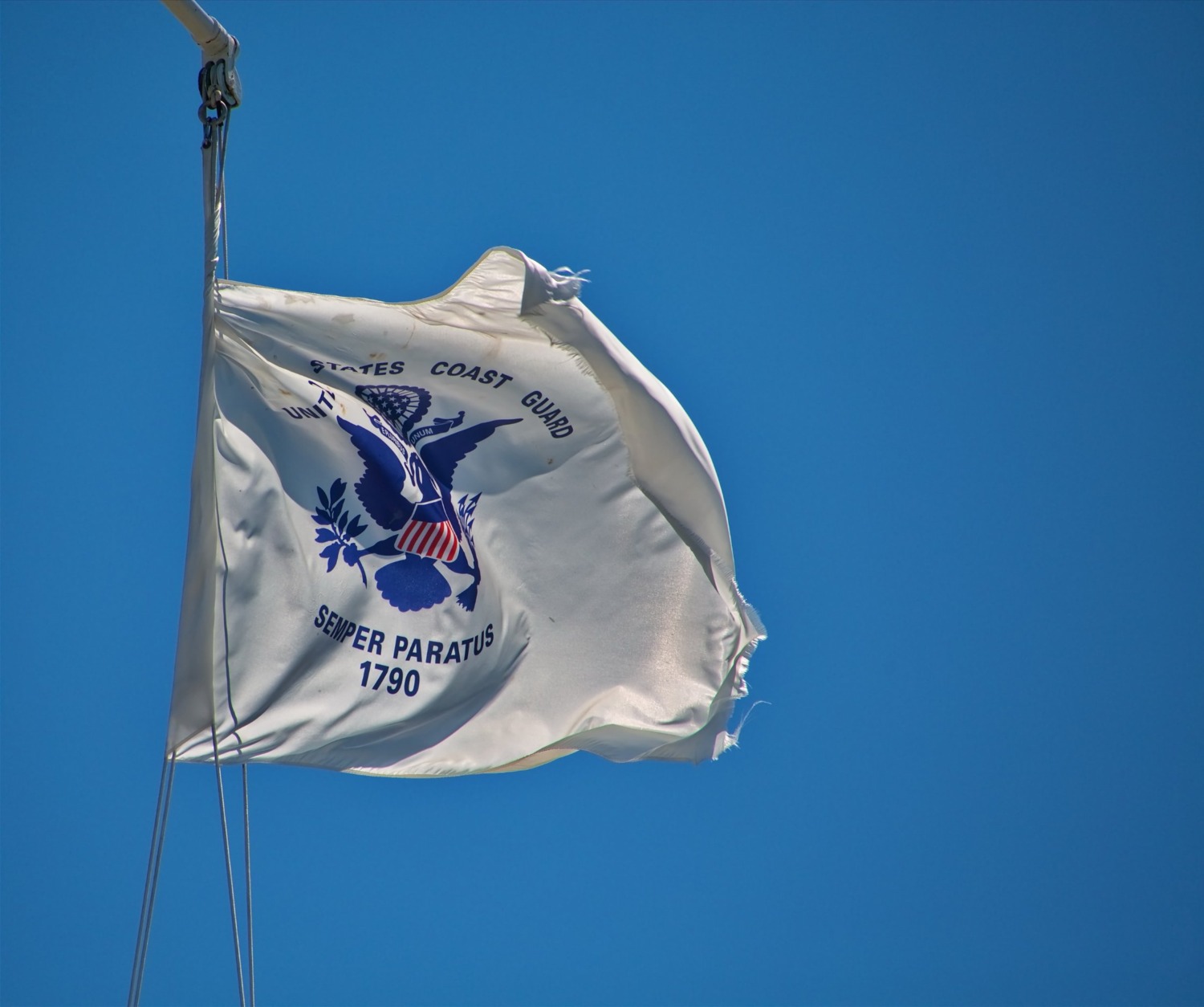What is the role of the USCG and why is it imperative that its members remain drug and alcohol free?
A law enforcement service branch of the United States Armed Forces, the U.S. Coast Guard specializes in maritime search and rescue while also providing security service in domestic and international waters. It’s imperative that its members remain drug and alcohol free in order to comply with their agency’s strict regulations. Moreover, using drugs and/or alcohol is a violation of federal law as part of their service agreement. The USCG provides recommended actions for marine employers with mariners in safety sensitive positions who are subject to drug testing under 46 Code of Federal Regulations (CFR) Part 16.
When must a USCG regulated employee submit to a drug test?
Safety sensitive employees mandated by the USCG have to submit to drug and/or alcohol testing at random, after certain accidents, pre-employment, as follow up if they have previously failed a drug and/or alcohol test, due to reasonable cause, and as part of the return to duty process.
What drugs do the tests screen for?
The USCG requires a 5 panel drug test for marine employees. These tests screen for dangerous drugs that include: opiates, cocaine, amphetamines, phencyclidine (PCP), and marijuana.
What happens if a USCG member fails a drug test?
If a USCG mandated employee fails their drug test, they will immediately be removed from their safety-sensitive position and given a SAP list or referral to a service agent from their employer. They must complete the return-to-duty process with a qualified SAP which includes an initial evaluation, recommendation for treatment and/or education, a follow-up evaluation, and, if compliance is determined, a referral to submit to a drug and/or alcohol test. If the test is negative they may be eligible to return to safety-sensitive work.
To locate a SAP in your area, get in touch with SAP Referral Services.
